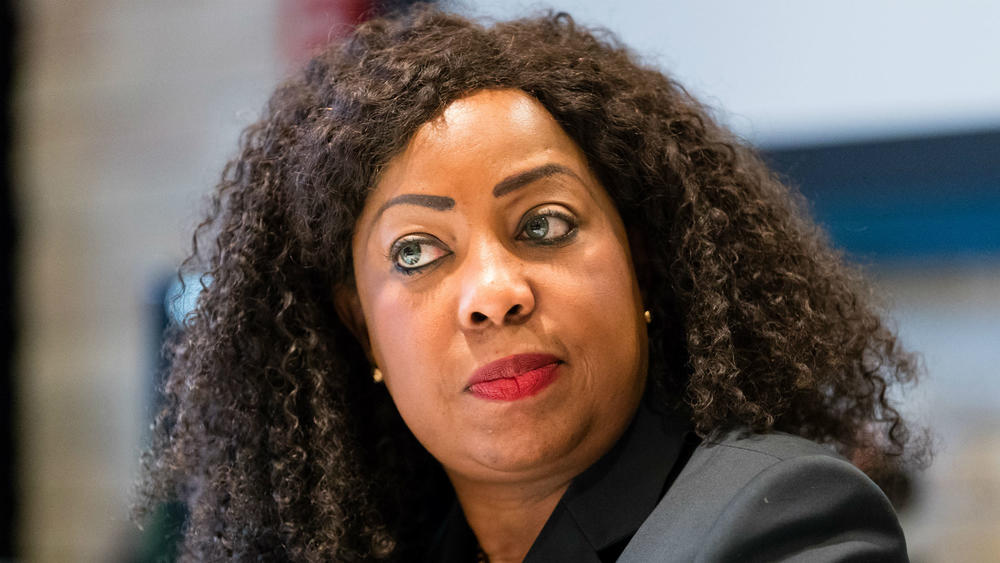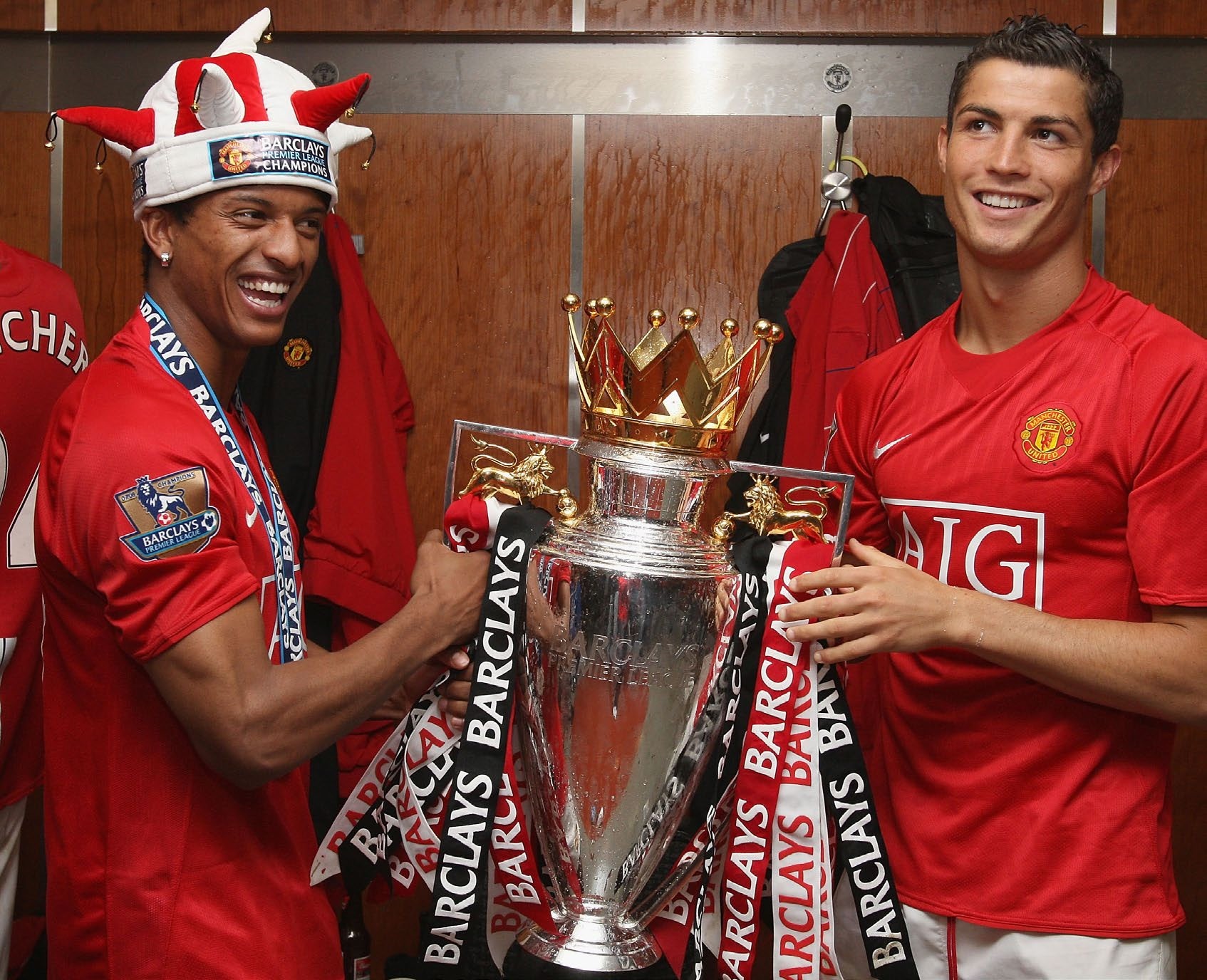Russia defends labour practices as FIFA sidesteps Qatar crisis
FIFA's secretary general and Russian officials faced some uncomfortable questions over workers' rights, protests and Qatar on Monday.

The best features, fun and footballing quizzes, straight to your inbox every week.
You are now subscribed
Your newsletter sign-up was successful
Want to add more newsletters?

Five times a week
FourFourTwo Daily
Fantastic football content straight to your inbox! From the latest transfer news, quizzes, videos, features and interviews with the biggest names in the game, plus lots more.

Once a week
...And it’s LIVE!
Sign up to our FREE live football newsletter, tracking all of the biggest games available to watch on the device of your choice. Never miss a kick-off!
Join the club
Get full access to premium articles, exclusive features and a growing list of member rewards.
The conditions of stadium construction workers, potential civil unrest and a geopolitical crisis in the Persian Gulf left FIFA and Russian officials on the defensive during a press conference to mark the start of the Confederations Cup.
A report by non-governmental organisation Human Rights Watch (HRW) has condemned labour practices on construction sites for the venues used to stage this month's tournament and the 2018 World Cup.
However, addressing the media in St Petersburg on Friday, the local organising committee's chief executive Alexey Sorokin claimed the results of internal inspections did not tally with HRW's findings.
"We cannot confirm the position expressed by Human Rights Watch," he said.
"There has been in excess of 70 inspections on stadium construction sites. The conditions that workers experienced have been closely monitored.
"We did not see any infringements or negative signals that we could use on our watch list. The inspections are done by our appropriate institute for labour protection.
"We have checked more than 100 contractors and subcontractors. This institute issued recommendations on how to improve it but the signals, that are indeed alarming, were not confirmed."
The best features, fun and footballing quizzes, straight to your inbox every week.
Russia's deputy prime minister Vitaly Mutko invited a journalist to accompany him on an inspection of remaining World Cup stadium constructions sites, adding: "The Russian Federation has one of the strictest migration and labour regulations. For us this is excessively important."
Anti-corruption protests in support of the campaign of opposition leader Alexey Navalny took place on Monday and there have been suggestions more rallies could take place during the tournament.
Mutko, though, dismissed out of hand the prospect of civil disturbances overshadowing the Confederations Cup.
"I'm at a loss because I don't know what you mean when you say protests," he told journalist when questioned on the subject.
"What are you driving at? We are not expecting such rallies, protests and so on. I don't know, maybe you were referring to Brazil, what was happening there for the World Cup.
"But in this country we are living in a stable political situation. We are an open country but on the other hand we have laws, regulations, procedures for people who want to protest. There is nothing new, I'm not inventing a bicycle."
The future of the 2022 World Cup meanwhile, due to be staged in Qatar, has come under renewed scrutiny this month after the state found itself ostracised by its neighbours, including regional powerhouse Saudi Arabia.
FIFA secretary general Fatma Samoura said: "Today we cannot pronounce on the geopolitical situation in Qatar, but we can say that we are in regular contact with the LOC and also the supreme committee.
"We are monitoring the situation but our stance as always been to disassociate politics from football."
 Join The Club
Join The Club










